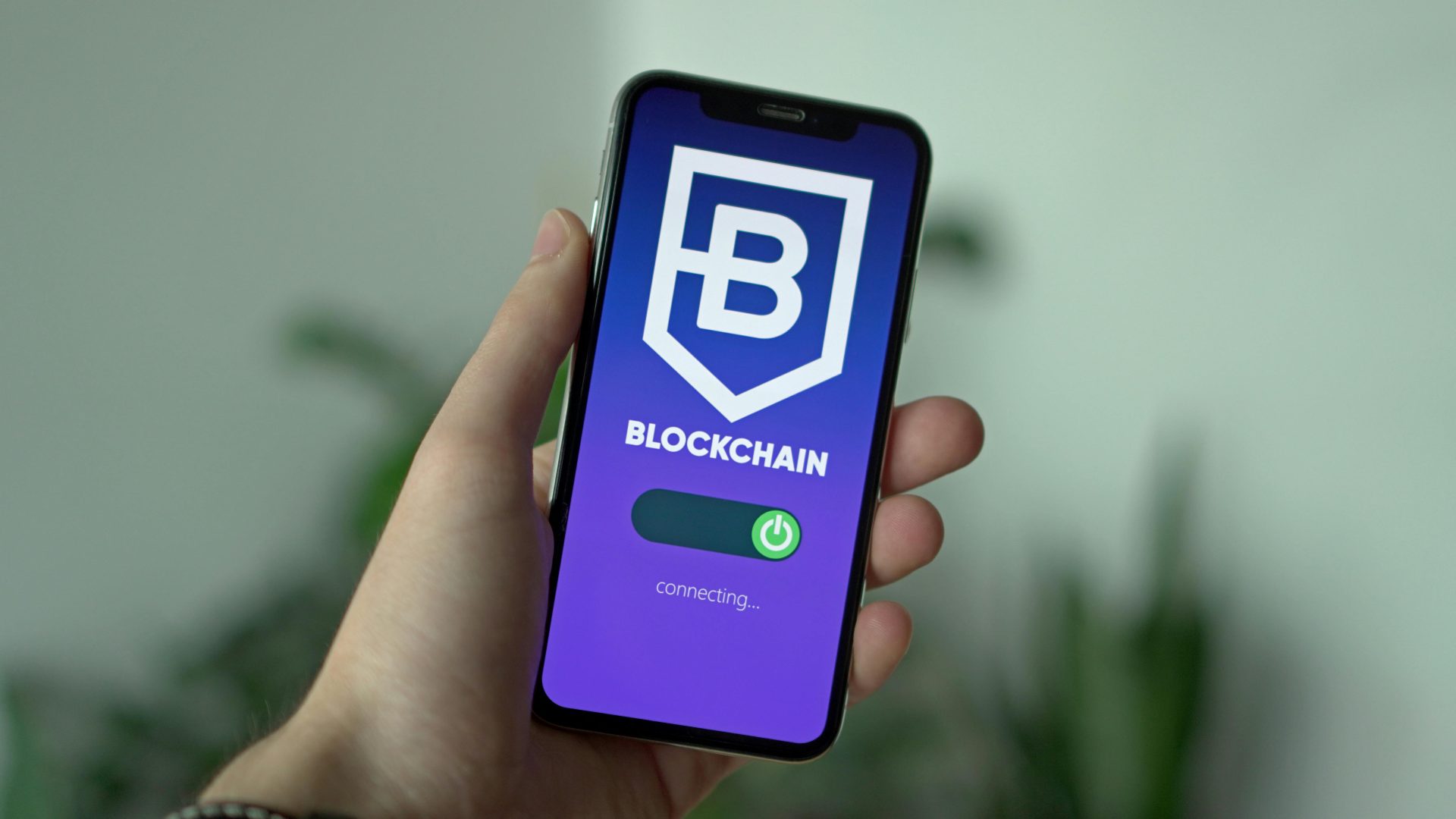
Decentralized Wallets and the New Face of Secure Online Interaction
In a world where privacy and digital ownership are increasingly important, the advent of decentralized tools is changing the way in which many of us interact with the online world. Decentralized wallets lie at the heart of this shift—using blockchain technology to alter the face of online safety.
Instead of giving personal information to centralized entities that keep it all in one place, people now have the power to look after their own digital assets. This is not simply about embracing cryptocurrency culture for the sake of it—done right, this approach really is a far safer alternative to traditional methods.
Why Decentralized Wallets Matter
Picture decentralized wallets as the electronic equivalent of having a safe in your own home rather than a deposit box at your local bank. You can store your cryptocurrencies and NTFs and access them whenever you want. This wouldn’t be possible with a conventional deposit box. You’d only be able to access it in the ways the bank decided to permit, at times that were convenient to them, and after passing whatever security checks that they decided to implement in order to verify your identity.
These wallets do not rely on any central authority to check the identities of people accessing them. Instead, they rely on cryptographic keys to control access. If you have the key, you can do anything you like with the funds; if not, you can’t. It’s as simple as that. Imagine, for example, that you wanted to top up your account at an online casino. If you were relying on a bank for that, you would need to contact them, verify your identity, authorize the payment, then wait for them to actually move the funds. This can be a pretty tedious process, especially when it interrupts what was supposed to be your leisure time.
By contrast, transferring funds to a crypto casino using a digital wallet is something you can do entirely by yourself. You don’t have to disclose where you are sending the money to anyone, which is ideal because a lot of people prefer to keep their gambling sessions private. You also don’t have to worry about lengthy security checks, which can be especially annoying if you are trying to transfer money abroad. You are the only one who gets to decide whether the payment goes through. If you are topping up your account at a crypto casino in Australia, you can just get on with it, without wondering if somebody at your bank will end up putting the transaction on hold until you verify your identity with them.
Crypto casinos offer the same kinds of games and fun experiences that a standard digital casino provides, but with the added benefit of extra security and the decentralization bonuses discussed above – making them a pretty clear win for a lot of people.
More Than Just Security—It’s About Experience
Security is important, but it’s not the only thing that matters. Convenience is important too, and a system isn’t likely to see much use unless it is also designed well and offers a user-friendly experience. As such, crypto platforms that focus on providing excellent customer service and making their interfaces as intuitive as possible will tend to succeed.
Using crypto casinos as an example again, you’ll see how much focus is placed on ensuring their interface is as smooth and streamlined as it can be. These days, online casinos can’t just focus on making their websites function on desktops or laptops. Mobile gamers make up a massive part of the online casino’s members and adopting mobile-friendly design principles into their platform is often a priority.
A New Standard for Secure Play
In an increasingly interconnected and digital world, understanding online safety and how to maintain your privacy is more important than ever. That’s true almost regardless of what you are doing online, but it is especially important in areas that relate to moving money around, hence why many people naturally equate the blockchain with cryptocurrencies, even though it does have uses outside of finance.
The ability to verify information without needing to place trust in a central authority that could potentially be tampered with has had massive impacts on the digital world in general. The philosophy of decentralization has spread through a large variety of industries, from gaming to healthcare, and in doing so, has changed the way we interact with each other online. Web3 approaches are becoming increasingly popular all across the internet, and people are constantly searching for new ways to utilize blockchain technologies to make their systems more secure.
This has led to a vast surge in the number of cryptocurrencies being created, each with minor differences that help distinguish them from the ones that came before… Take Ethereum and its ability to create smart contracts for example. This was quite an important addition to the simpler but more limited approach that Bitcoin launched with.
Still, despite that, many people prefer to stick with Bitcoin as the largest and best-known cryptocurrency, and if you’re looking for a good digital wallet for Bitcoin in particular, then this guide is a great place to start. Or, if you just want to learn more about decentralized systems in general, here are a few of the core concepts to be aware of:
| Feature | What It Does | Why It Matters |
| Decentralized Wallets | Store crypto securely with user-only access | Keeps control in your hands |
| Smart Contract | Allows automatically enforceable contracts to be created | Removes another aspect where a centralized authority would once have been needed. |
| Blockchain Integration | Powers fair and tamper-proof systems | Ensures transparency and fairness |
| Crypto exchanges | Stores and trades in digital currencies | Allows for easier exchange of currencies |



 Bitcoin
Bitcoin  Ethereum
Ethereum  Tether
Tether  XRP
XRP  USDC
USDC  Solana
Solana  TRON
TRON  Lido Staked Ether
Lido Staked Ether  Cardano
Cardano  Avalanche
Avalanche  Toncoin
Toncoin